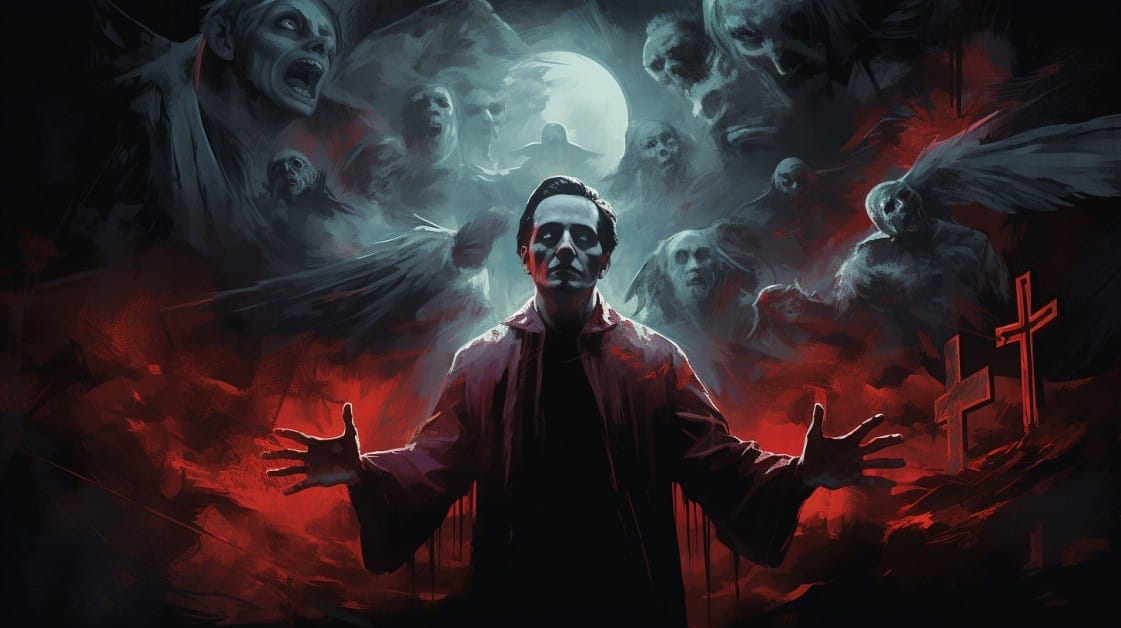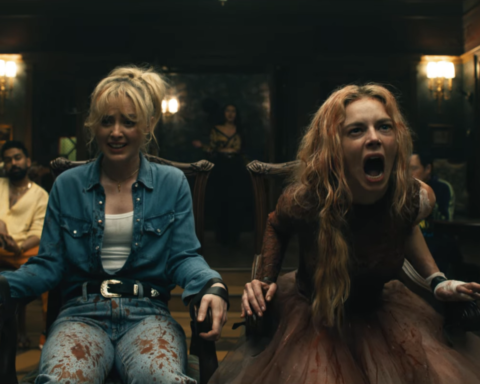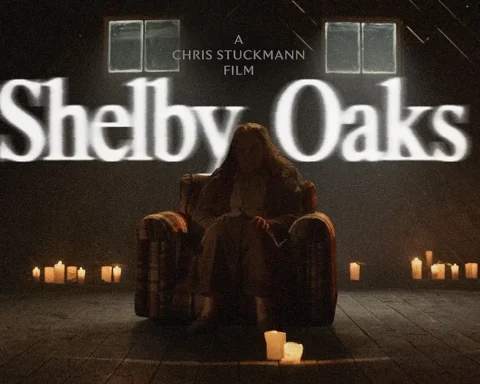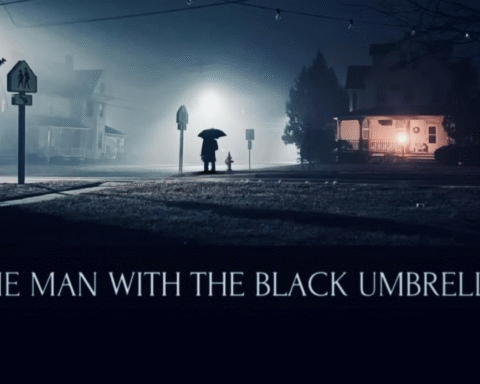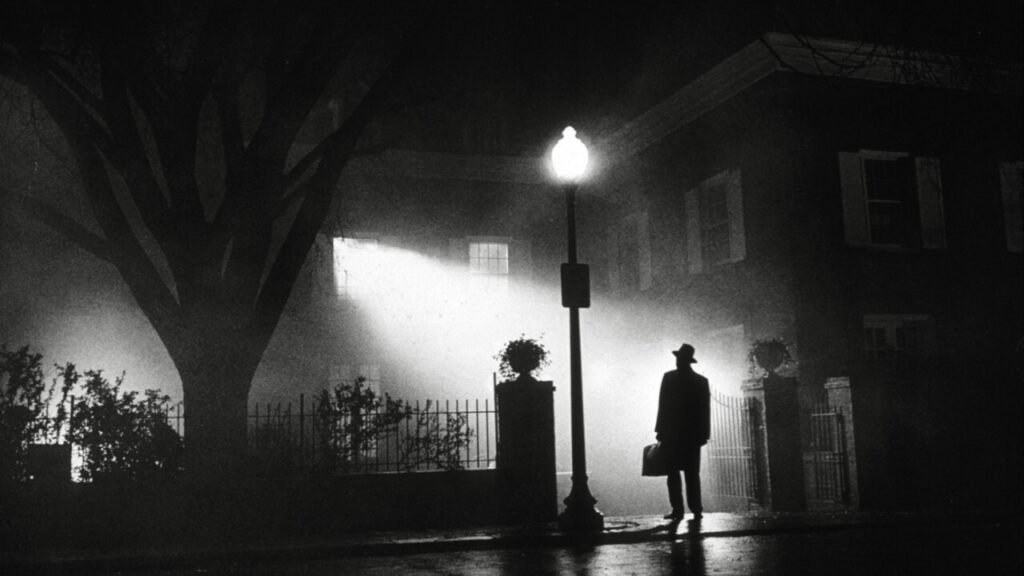Ghost hunting in cinema is a genre that captivates audiences by tapping into the age-old fascination with what lies beyond the veil of the living world. The allure of ghost stories, which blend elements of mystery, fear, and suspense, has a universal appeal that transcends cultural boundaries. From detectably eerie whispers in dimly lit corridors to full-blown spectral apparitions, the depiction of ghost hunting in films brings a spine-chilling thrill that keeps viewers on the edge of their seats.
The popularity of ghost hunting narratives has seen a tremendous rise, particularly within independent cinema. These films often diverge from mainstream tropes, offering fresh and unique perspectives that resonate with both avid fans of the genre and casual viewers alike. Independent filmmakers have the creative freedom to explore various storytelling techniques and thematic depths, resulting in movies that are both innovative and thought-provoking.
Unlike their blockbuster counterparts, independent ghost hunting films tend to delve into more nuanced and intricate plots. They explore the psychological aspects of fear and the unknown, often blurring the lines between reality and the supernatural. This approach generates a more immersive experience, allowing audiences to connect with the characters on a deeper level and to question their own perceptions of reality and the afterlife.
The international landscape of ghost hunting films further enriches the genre, bringing diverse cultural interpretations of ghosts and the paranormal to the forefront. These movies reflect a myriad of beliefs, superstitions, and ghost hunting methodologies, offering a rich tapestry of narratives for global audiences. The enigmatic and haunting tales from across different cultures provide an expansive view of how ghost hunting is perceived worldwide.

The Essential Criteria for a Great Ghost Hunting Film
A remarkable ghost hunting film transcends mere scares, weaving a compelling narrative that grips the audience from start to finish. Atmosphere plays a pivotal role in setting the tone; it should be meticulously crafted to evoke a sense of dread and anticipation. This is achieved through careful manipulation of lighting, sound design, and set decoration, enhancing the supernatural elements without relying heavily on special effects. Independent films excel in this area as they often utilize innovative techniques to compensate for budget constraints, resulting in a uniquely immersive experience.
Storytelling is another cornerstone of a great ghost hunting film. It must intertwine the thrilling hunt for specters with a storyline that has depth and substance. This duality ensures that the film is not just a series of jump scares but a cohesive narrative with layers of intrigue and suspense. Independent filmmakers frequently push the boundaries of conventional storytelling, offering fresh perspectives and unexpected twists that keep the audience engaged.
Character development is essential in ensuring that viewers are emotionally invested in the protagonists’ journey. A well-crafted ghost hunting film delves into the motivations, fears, and backgrounds of its characters, creating multi-dimensional personalities that audiences can connect with. This depth of character allows for more intense emotional stakes, as the viewers are genuinely concerned for the fate of those on screen. Independent films often excel in portraying complex characters, as the filmmakers typically have the creative freedom to explore nuanced performances.
Lastly, a successful ghost hunting film must strike a delicate balance between horror and intrigue. While the primary goal is to elicit fear, it should also provoke curiosity and keep the audience guessing. This balance sustains interest and prevents the narrative from becoming monotonous. Independent films often thrive in this aspect, offering a fresh take on horror by blending it with other genres and experimenting with pacing and structure.
In conclusion, the essential criteria for a great ghost hunting film include a carefully crafted atmosphere, compelling storytelling, well-developed characters, and a balanced mix of horror and intrigue. Independent movies, with their creative storytelling and innovative production techniques, often exceed expectations, making them gems in the cinematic landscape.
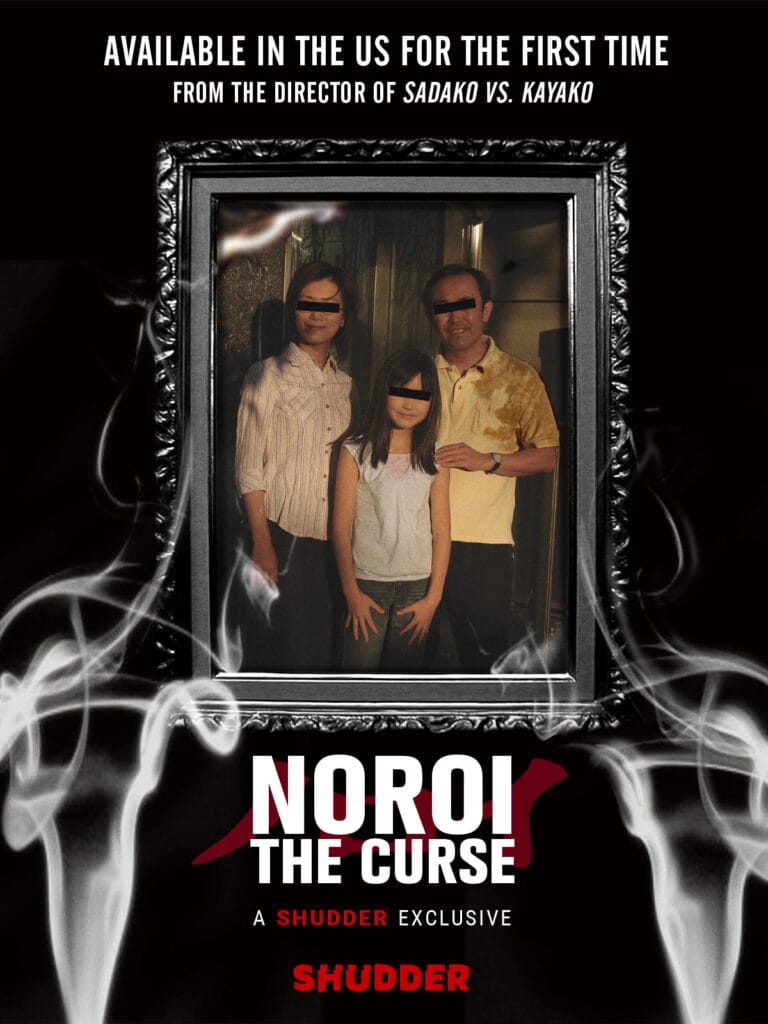
Movie #1: ‘Noroi: The Curse’ (Japan)
‘Noroi: The Curse,’ directed by the talented Kōji Shiraishi, is a standout piece in the realm of international independent movies. The film, deeply rooted in Japanese horror tradition, employs a unique documentary-style storytelling approach that adds a layer of authenticity and terror to its narrative.
Set against the backdrop of Japanese ghost lore, ‘Noroi: The Curse’ delves into the investigative journey of a paranormal researcher named Masafumi Kobayashi. The movie follows Kobayashi as he pieces together a complex puzzle involving mysterious disappearances, eerie occurrences, and malevolent supernatural entities. The plot unfolds through a series of seemingly unrelated documents, interviews, and footage, masterfully intertwined to reveal a chilling and cohesive narrative.
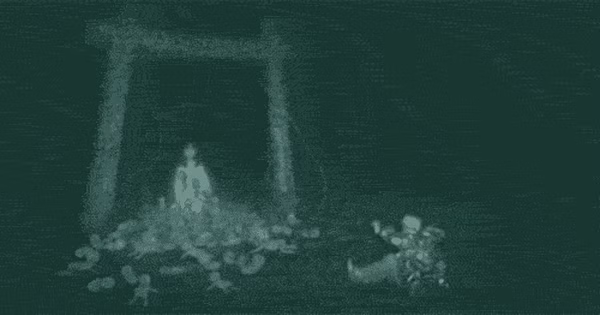
One of the key elements that set ‘Noroi: The Curse’ apart is its meticulous adherence to the documentary style. The handheld camera work, realistic acting, and plausible settings blur the line between fiction and reality, immersing the audience deeply into the haunting storyline. This method not only amplifies the horror but also pays homage to traditional Japanese ghost stories, known for their subtle yet profoundly unsettling nature. The cultural richness embedded within the film makes it a fascinating exploration of Japan’s spiritual beliefs and eerie legends.
The movie is celebrated within the genre for its innovative approach and psychological depth. Rather than relying on overt scares, it builds a pervasive atmosphere of dread, sustained by intricate plotting and terrifying revelations. ‘Noroi: The Curse’ has garnished critical acclaim for its originality and effectiveness, earning a spot as a cult favorite among horror enthusiasts globally.
Its impact on the independent film scene has been significant, inspiring a resurgence of found-footage horror films and reinforcing the potential of low-budget productions to achieve high levels of suspense and engagement. ‘Noroi: The Curse’ remains a testament to the enduring allure of Japanese horror and the ability of independent cinema to craft compelling, spine-chilling experiences.
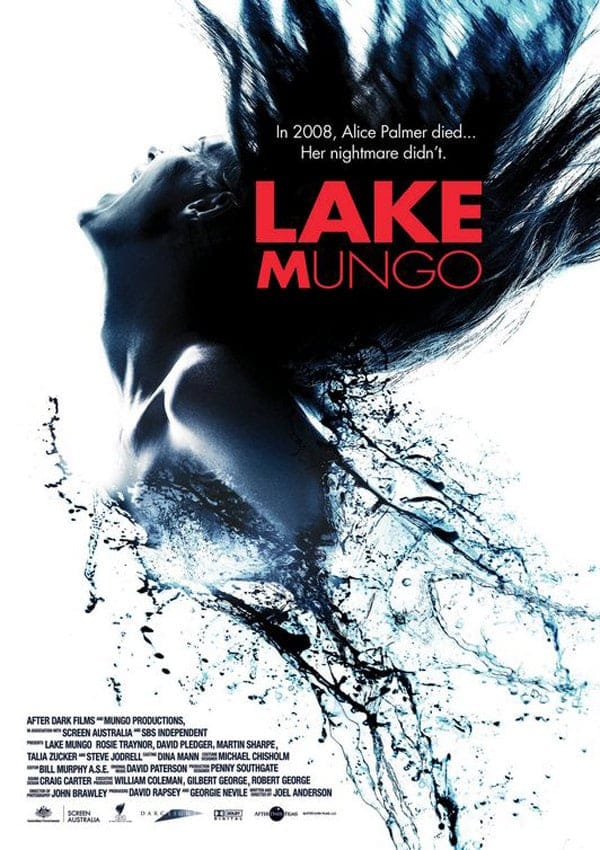
Movie #2: ‘Lake Mungo’ (Australia)
‘Lake Mungo,’ directed by Joel Anderson, stands as a remarkable example of the mockumentary format within the ghost hunting genre. This 2008 Australian film weaves a deeply emotional narrative around the Palmer family, who are grappling with the sudden and tragic death of their daughter, Alice. Unlike conventional ghost hunting movies that often delve straight into the supernatural, ‘Lake Mungo’ meticulously explores the psychological impact of grief and loss on the family, creating a haunting atmosphere that lingers long after the credits roll.
The film’s narrative structure is unique, presented as a series of interviews, purportedly real footage, and found footage that gradually reveal unsettling secrets. This documentary-style approach lends the story a profound sense of realism, blurring the line between fiction and reality. The audience is drawn into the family’s intimate journey as they encounter unexplainable occurrences that suggest Alice’s spirit might still linger. This blend of psychological horror and ghost hunting results in a thought-provoking and deeply unsettling experience.

‘Lake Mungo’ masterfully balances its horror elements with poignant themes of memory, identity, and posthumous revelations. Its slow-burn approach to storytelling ensures that the horror is not just about jump scares but is intricately tied to the emotional depth of the characters. The meticulous pacing and the gradual unveiling of the mystery keep the viewers engaged, inviting them to piece together the truth alongside the Palmer family.
Critics and audiences alike have praised ‘Lake Mungo’ for its innovative format and emotional depth. While it might not rely on the conventional tropes of the genre, its realistic portrayal of ghost hunting set against the backdrop of family grief offers a refreshing take on supernatural cinema. The film has garnered a cult following for its ability to deeply resonate on both a psychological and emotional level, solidifying its status as a standout in international independent cinema.
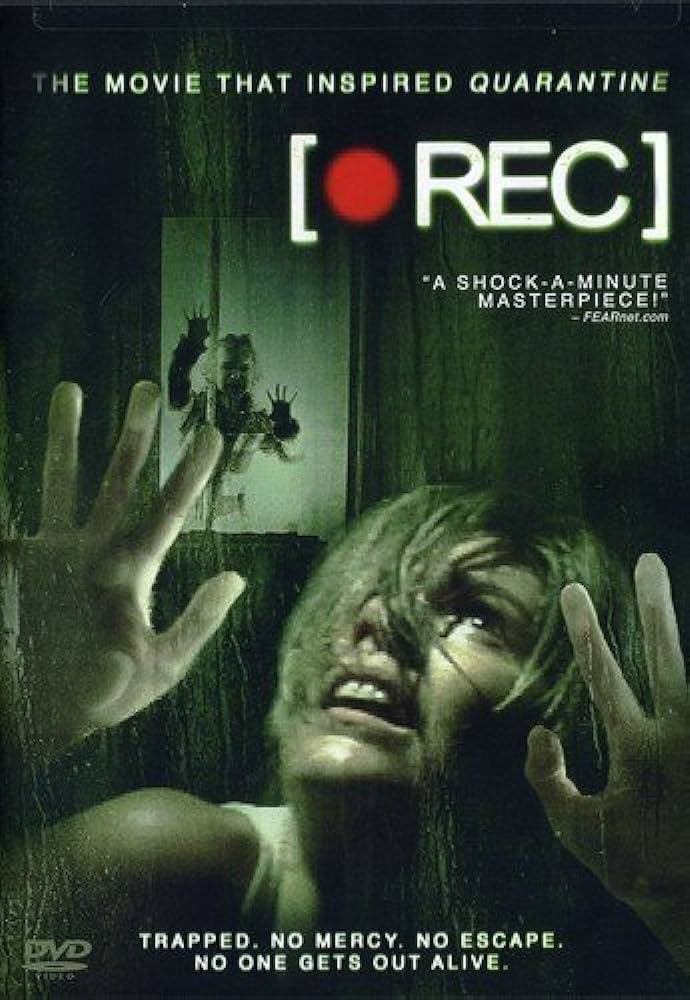
Movie #3: ‘REC’ (Spain)
‘REC’, a harrowing found footage film directed by Jaume Balagueró and Paco Plaza, stands as a landmark in the horror genre. Released in 2007, the Spanish movie quickly established itself as a seminal work that marries zombie horror with ghostly elements in a way that is both fresh and terrifying. The narrative revolves around a television reporter and her cameraman who, during a routine coverage, find themselves trapped inside a quarantined apartment building. The atmosphere within the building grows increasingly ominous as the story unfolds, transforming the ordinary setting into a horrifying landscape of supernatural terror.
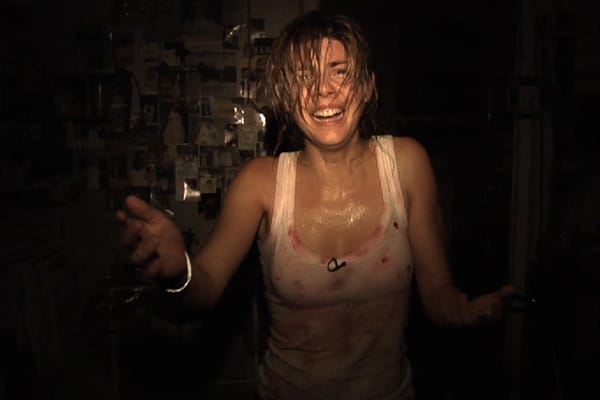
The confined environment amplifies the tension, creating a suffocating sense of dread that keeps viewers on the edge of their seats. The found footage style contributes to the movie’s authenticity, lending a visceral quality to the ghostly encounters and zombie-like inhabitants plaguing the characters. The choice of filming technique is particularly significant in independent filmmaking, offering a low-budget method to deliver high-impact scares. ‘REC’ not only succeeds in capturing the claustrophobic horror of its setting but also in maintaining a relentless pace that keeps the audience engrossed.
‘REC’ has left a considerable mark on the genre, influencing both independent and mainstream horror films worldwide. Its international acclaim is evidenced by the numerous adaptations and remakes it inspired, including the American remake ‘Quarantine’. Despite the influx of found footage films that followed, ‘REC’ remains unparalleled in its execution and innovation. It adeptly blends the lines between ghostly hauntings and zombie horror, setting a new standard for the genre. The film’s success underscores the potential of independent cinema to deliver compelling, original stories that resonate on a global scale.
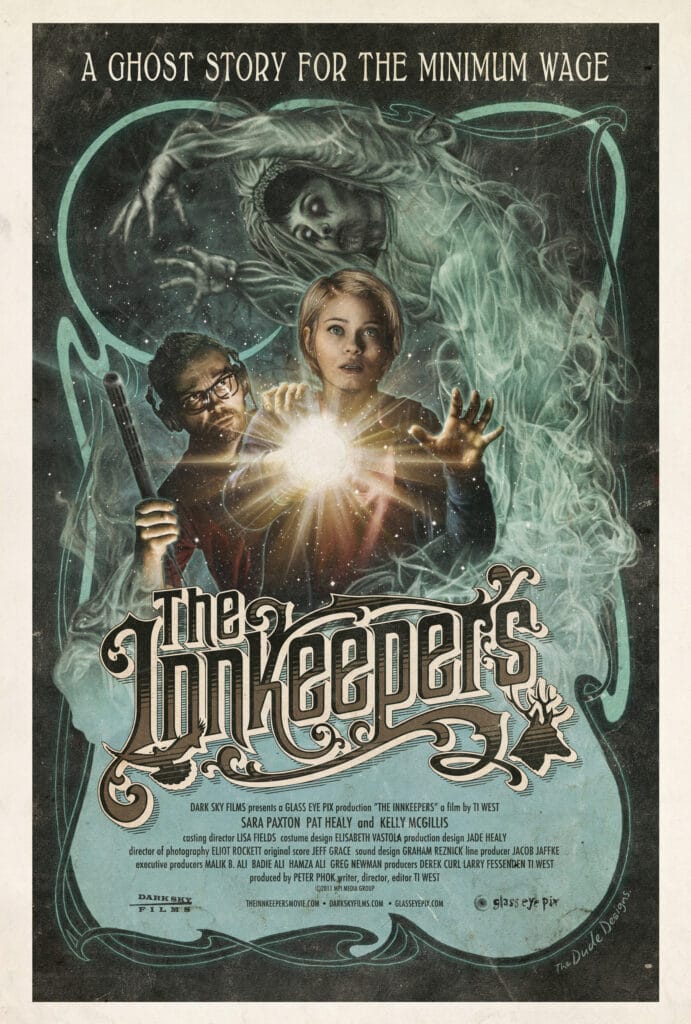
Movie #4: ‘The Innkeepers’ (USA)
Ti West’s ‘The Innkeepers’ is an exemplary piece of independent cinema that brilliantly blends horror and humor within the confines of a haunted hotel. The film is set in the Yankee Pedlar Inn, a once-grand establishment now facing its final days before closure. This melancholic backdrop contributes significantly to the narrative’s eerie ambiance, effectively amplifying the sense of suspense.
West employs a slow-burn approach to building tension, a technique that demands patience but rewards viewers with a deeply immersive experience. The deliberate pacing allows the audience to become intimately acquainted with the film’s protagonists, Claire (Sara Paxton) and Luke (Pat Healy), two employees of the inn who are amateur ghost hunters. Their mundane workday routines slowly give way to a more sinister atmosphere as they delve deeper into the hotel’s dark past.

The character-driven narrative is pivotal to the film’s overall impact. Claire and Luke’s endearing camaraderie offers a touch of humor that contrasts sharply with the underlying horror elements. This balance between comic relief and suspense is masterfully handled, making the moments of terror even more startling. The relatable, grounded performances by Paxton and Healy create a strong connection between the audience and the characters, making their ghost hunting endeavors both compelling and poignant.
What sets ‘The Innkeepers’ apart in the American indie film landscape is its meticulous attention to atmosphere and detail. Instead of relying on cheap jump scares, the movie builds a pervasive sense of dread through its unsettling setting, nuanced characters, and slow, inexorable pacing. The film stands as a testament to Ti West’s skillful direction and his ability to craft a narrative that is as emotionally engaging as it is frightening.
As an independent ghost hunting film, ‘The Innkeepers’ has garnered acclaim for its originality and the subtlety of its scares. It occupies a unique position in the indie horror genre, successfully blending elements of humor with a haunting story that lingers long after the credits roll.
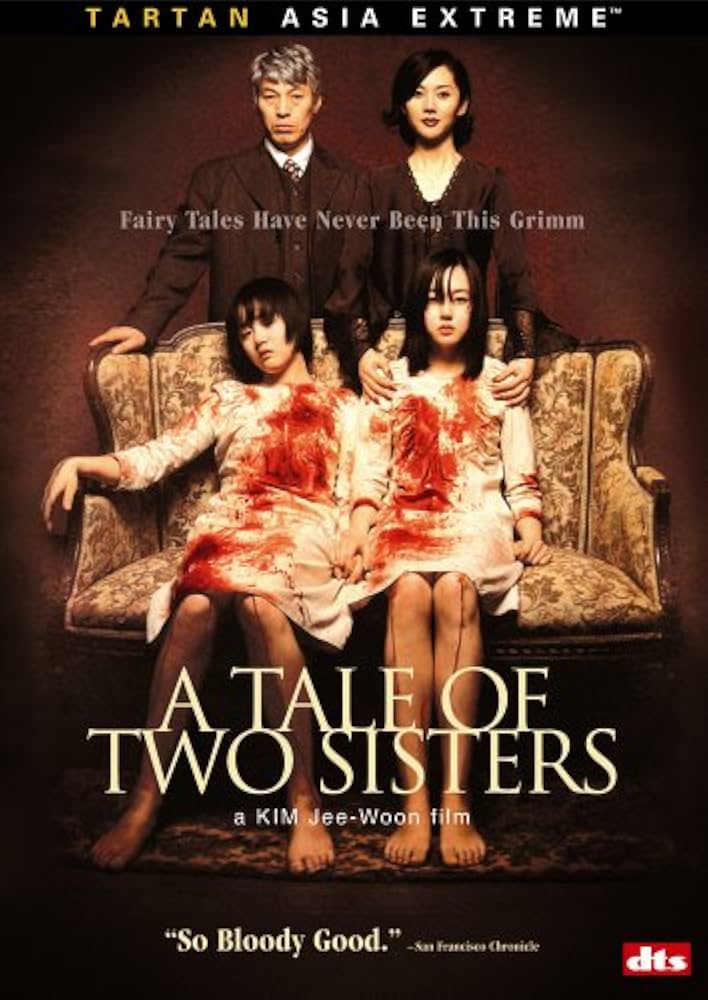
Movie #5: ‘A Tale of Two Sisters’ (South Korea)
‘A Tale of Two Sisters’, directed by Kim Jee-woon, stands as a pinnacle of psychological and supernatural horror. This South Korean masterpiece delves into the complexities of mental illness and familial trauma through the lens of an eerie ghost story. The plot navigates the harrowing experience of two sisters, Su-mi and Su-yeon, who return home from a mental institution only to confront a malevolent spirit that seems intertwined with their family’s dark secrets.
Kim Jee-woon masterfully combines psychological depth with spine-chilling horror elements, making ‘A Tale of Two Sisters’ far more than a conventional ghost hunting movie. The film’s narrative intricacies are effectively portrayed through non-linear storytelling, allowing the viewers to be gradually enveloped in an atmosphere of dread and confusion that mirrors the protagonist’s own experiences.

The aesthetic choices in ‘A Tale of Two Sisters’ are noteworthy. The director’s use of subdued color palettes, coupled with meticulously crafted set designs, enhances the claustrophobic and sinister ambiance. The cinematography employs tight framing and strategic shadows to create moments of intense suspense, ensuring that every scene evokes a sense of impending doom.
Moreover, the film’s narrative is steeped in Korean folklore, lending it a unique cultural texture. The story draws inspiration from the ‘Janghwa Hongryeon jeon’ tale, a classic Korean ghost story, infusing the film with a traditional yet contemporarily relevant horror experience. This blend of folklore and modern psychological horror deepens the film’s haunting quality and solidifies its status as a culturally rich narrative.
Critically acclaimed, ‘A Tale of Two Sisters’ has garnered praise for its innovative approach to the horror genre. It has influenced both international and independent horror films, setting a high standard for character-driven ghost stories. Films such as ‘The Uninvited’ (2009) have drawn inspiration from Kim Jee-woon’s creation, underscoring its enduring impact on the genre. Through its psychological layers and aesthetic excellence, ‘A Tale of Two Sisters’ remains a quintessential example of international independent horror cinema.
Conclusion: The Enduring Appeal of Independent Ghost Hunting Films
Independent ghost hunting films continue to captivate audiences around the globe due to their unique ability to combine artistic freedom with storytelling depth. The five films discussed exemplify a range of cultural perspectives, bringing authenticity and fresh approaches to ghost hunting narratives. These movies transcend mere horror, weaving intricate tales that often delve into human emotions, cultural heritage, and the supernatural, thereby creating a richer, more immersive viewing experience.
One of the defining characteristics of these independent films is their commitment to originality. Without the constraints of mainstream studio demands, filmmakers can experiment with unconventional plots, complex characters, and innovative cinematography. This creative freedom allows for fresh interpretations of ghost hunting, where traditional folklore or historical context provides a foundation for exploring new narrative territories. Such films often engage audiences on multiple levels, blending suspense with thought-provoking themes about life, death, and the unknown.
Diverse cultural lenses also play a crucial role in enhancing the depth and appeal of these ghost hunting tales. By incorporating local myths, traditions, and societal concerns, independent filmmakers offer stories that are both universally relatable and distinctively unique. This diversity enriches the genre, showcasing a variety of ghostly encounters and investigative methods that reflect different cultural attitudes towards the supernatural.

Looking ahead, the potential for continued innovation and storytelling within the ghost hunting genre seems limitless. As technology evolves and global cinematic boundaries blur, independent filmmakers will undoubtedly find new ways to push creative limits. Whether through innovative special effects, interactive narratives, or immersive techniques like virtual reality, the future of ghost hunting in independent cinema promises to be both exciting and uncharted.
Ultimately, the enduring appeal of independent ghost hunting films lies in their ability to tell compelling, original stories that resonate on a deeply human level. By blending creativity, cultural diversity, and a passion for the supernatural, these films not only entertain but also expand the horizons of what ghost hunting tales can achieve in the world of cinema.
